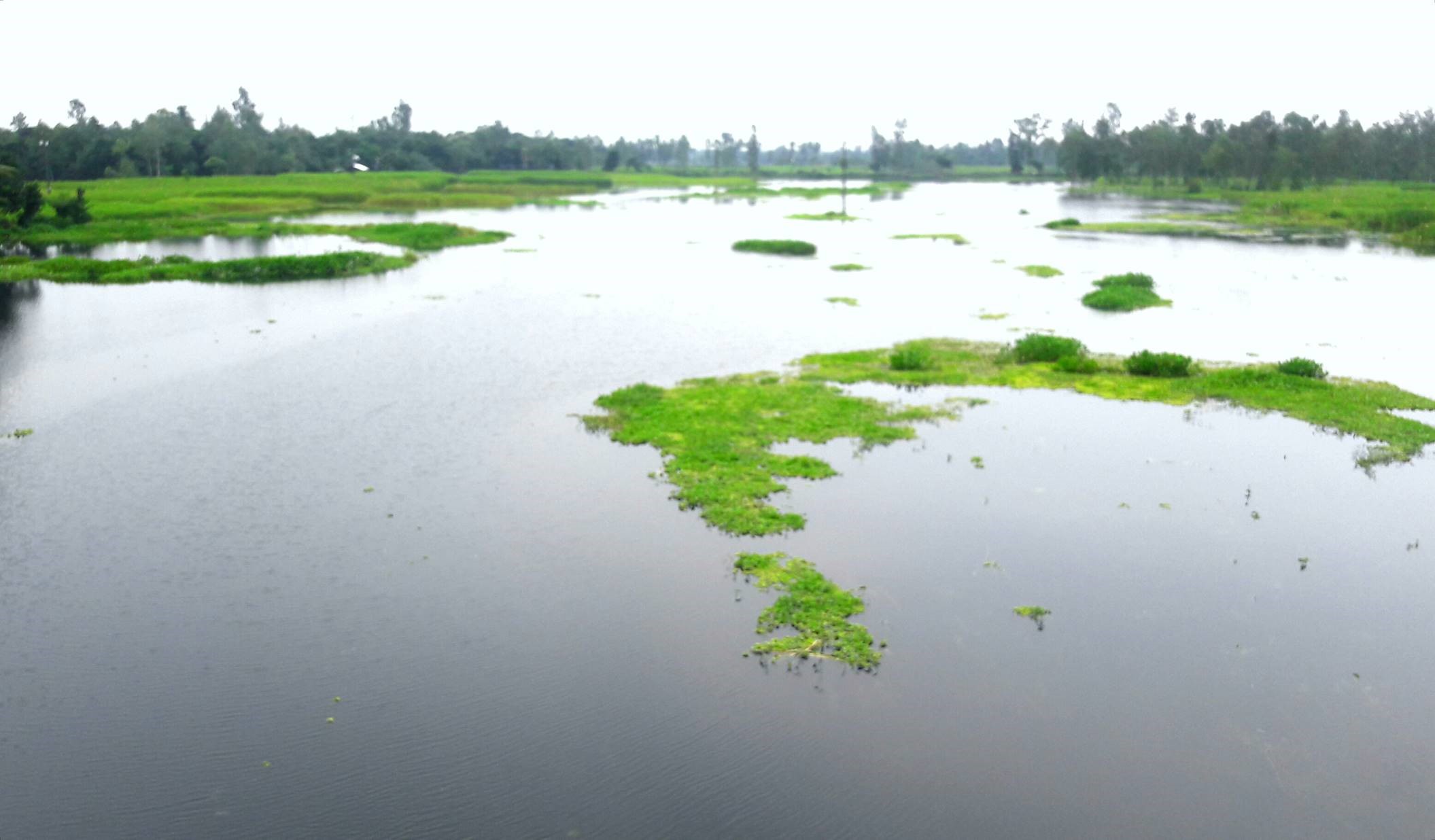This blogpost has been has been co-authored by Md Jafar Iqbal, Programme Manager - Emergency Response at CARE Bangladesh and Start Network's Anticipation Learning Advisor, Sarah Barr.
Acting early, before a crisis hits, can save valuable resources and limit harm and loss for communities. In Bangladesh, acting before a crisis is not a new idea. Communities have been receiving cyclone early warning signals since the 1970s, saving many lives by enabling people to escape deadly storms before they hit.
While using forecasts for cyclones is established, floods remain a major issue. During a normal monsoon season, around 25-30% of the Bangladesh floods and 68% of the land mass is vulnerable to flooding. Overall, Bangladesh expects to lose around 1.5% of gross domestic product or $2.2 billion, per year on average, due to floods (ADB, 2016). As a result, despite the culture of preparing for and responding to emergencies, humanitarian needs continue to outweigh response capacity, especially for floods. Using forecasts to act early could help limit these losses, but this practice is not yet integrated into humanitarian agency or government programming.
Research released last month through a collaboration between the Start Network, Care International and the Overseas Development Institute explored some of the barriers and opportunities around forecast-based action in Bangladesh. Several areas for improvement are identified:
• Monsoon flooding is complex and identifying triggers for action has largely been subjective so far
• Flood warnings do not take risk and vulnerability information into account, making it hard to predict the humanitarian impact of a flood
• Trigger points and actions have been tested by the Red Cross Movement but have not yet been agreed nationally
Further research and piloting is needed to guide the development of national Standard Operating Procedures for forecast based action in Bangladesh. This should take into account the different vulnerabilities presented by age, gender and socio-economic status, to ensure diverse needs are addressed. This will help reduce disaster losses and ensure resources are used appropriately.
Bringing together hazard, risk and vulnerability information to implement forecast-based action at scale will require new types of multi-stakeholder collaboration. National and international organisations need to work with the United Nations and Red Cross to develop a shared understanding of risk and appropriate actions. Bangladesh government agencies focused on disaster management and hydrological services will need to collaborate, agreeing to take joint responsibility for issuing impact-based flood warnings.
Scaling early action in Bangladesh would be a profound change, in terms of how floods are currently managed and how government and humanitarian actors work. In addition to improving forecasts and collaboration, it will require shifting the incentives of stakeholders who benefit from the disaster management system as it is in Bangladesh. Political influence in an emergency response is not easy to avoid in Bangladesh. Conditional grants for forecast-based action can create space and an enabling environment, alleviating political influence by creating new processes for predictable, needs based early action. In the longer term, by pre-agreeing triggers for the release of emergency funds, incentives can be shifted towards preparedness and early action.
While forecast based action has been piloted in Bangladesh, there is a long way to go. Further evidence is needed around the value of different forecast-based actions. Laying the groundwork around forecasting and collaboration, while focusing on the incentives for early action can help to realise the potential of forecast based action and contribute to shifting humanitarian action in Bangladesh.
Download the research paper: Scaling up early action: Lesson, challenges and future potential in Bangladesh

